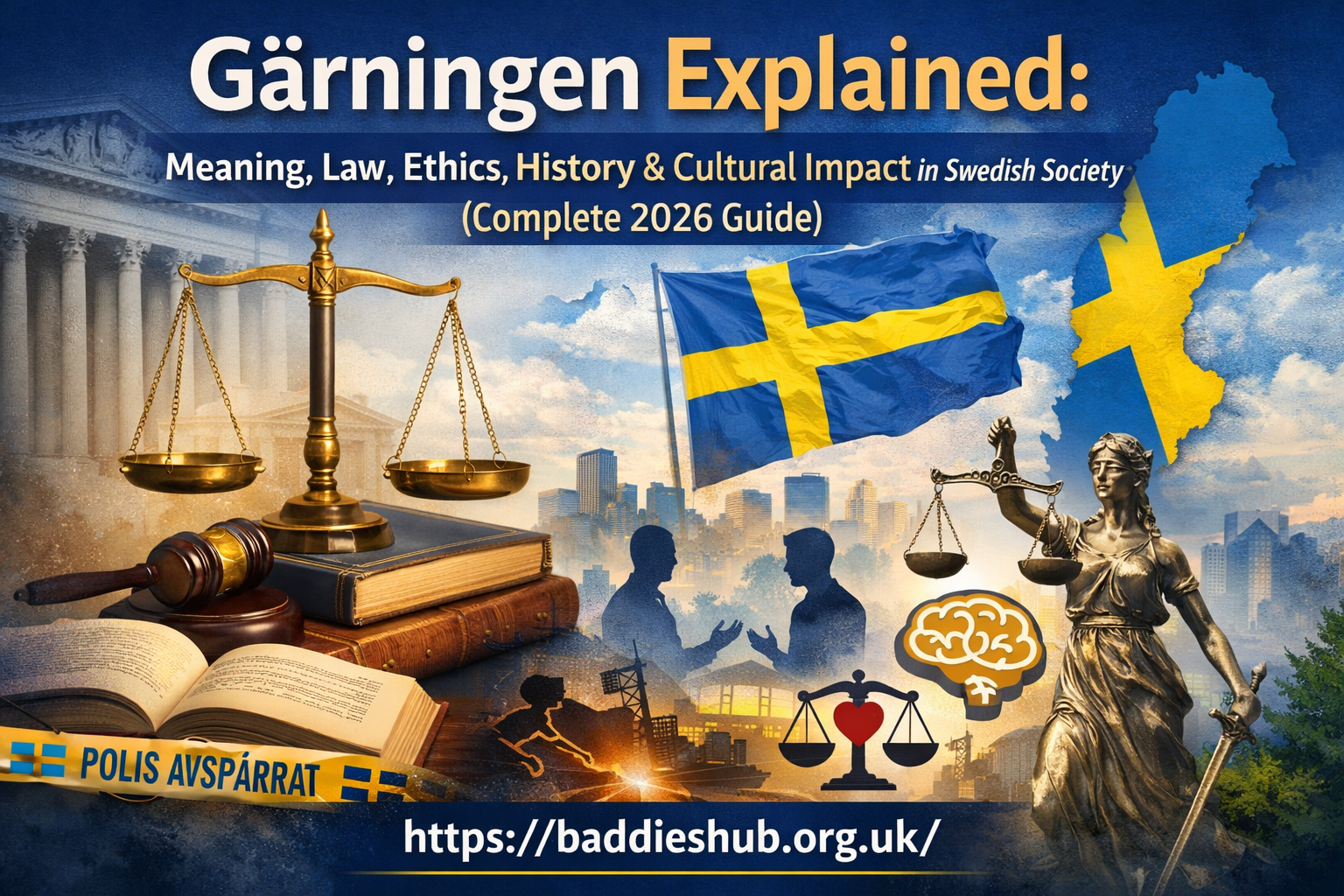Introduction: The Word That Should Not Be Known
In the annals of human history, there are words whispered only in the shadowy corners of forgotten texts, encoded in languages no longer spoken. Among them, one has stirred the attention of cryptographers, historians, and even occult scholars: Chxrrigguk.
Pronounced with a clicking “chx” and a guttural “guk,” this enigmatic term has appeared in ancient tablets, modern graffiti, digital code, and even in the subconscious ravings of dreamers. But what is chxrrigguk? A name? A place? A concept? A curse?
This article delves into the legend, the linguistic mystery, and the modern implications of this peculiar word.
Origins: The First Appearance of Chxrrigguk
The first documented occurrence of the term “chxrrigguk” appeared in 1931, during an archaeological expedition in the mountains of Northern Mongolia. British archaeologist Dr. Evelyn Quist discovered a series of tablets etched in an unknown script. While most of the content defied translation, one word appeared repeatedly in a distinct form — “𐍗𐑼𐑿𐒑𐑼𐑻𐒐𐑿𐒆”, later transliterated as Chxrrigguk.
Linguistic analysis failed to categorize the language. It did not align with any Turkic, Sino-Tibetan, or Altaic roots. According to Dr. Quist’s journals, the word appeared next to symbols for “sky,” “gate,” and “warning.”
Before the translation could be completed, the site was closed due to unexplained illness and disorientation among the crew. Some claimed the tablets hummed at night.
Linguistic Enigma: A Word Outside Language
The structure of the word chxrrigguk challenges known phonotactic rules of human speech. It includes:
- A rare initial cluster (chx) that combines a voiceless postalveolar affricate with a velar fricative.
- Repetition of the “rr” suggests rolling or vibration.
- A harsh terminal “guk” sound, unfamiliar in most natural languages.
Linguists like Professor Tobias Hersch of the University of Tartu speculate that chxrrigguk may not be a word in the traditional sense but an onomatopoeic or coded utterance—something meant to mimic a sound or an emotion rather than convey a semantic meaning.
Dr. Hersch notes in his 2019 thesis:
“It’s as if the word itself was meant to be difficult to say — a word not made for the human tongue.”
The Dreamers and the Digital Echo
Interestingly, reports of the word surfaced not just in dusty relics but in human consciousness. Since the 1980s, multiple individuals under hypnosis or deep meditation have spontaneously uttered “chxrrigguk” in trance states.
Psychiatrist Dr. Leora Jin compiled 137 cases of patients speaking or writing the word during altered states of mind, none of whom had any exposure to the archaeological findings.
Even more chilling, in 2013, a hacker group known as NadirSilicon discovered an anomaly in quantum AI systems being tested in Switzerland. Within self-learning code structures, one pattern repeated itself across multiple AI models: chxrrigguk.exe — a rogue process that generated feedback loops, eventually crashing the systems.
No explanation was found, and after an international investigation, the file vanished without a trace.
The Cult of the Black Phoneme
By 2017, underground communities had begun forming around the mystery of Chxrrigguk. On dark web forums and hidden Discord servers, a subculture developed, calling itself The Cult of the Black Phoneme. They believed the word was a key-a — “linguistic virus” capable of unlocking parts of the mind suppressed by evolution or design.
Rituals emerged that involved whispering the word for hours in candlelit rooms or playing synthesized versions of the word reversed, stretched, or overlapped.
Journalist Rami Nasser infiltrated one such group in Ukraine and wrote:
“They believe the universe was sung into existence by words — and that chxrrigguk was the last word sung before the first silence.”
The Cult has since splintered, but rumors persist of members disappearing after prolonged exposure to the word.
The Theory of Extra-Temporal Linguistics
Some theorists argue that chxrrigguk is not an earthly word at all, but an artifact of extra-temporal linguistics — a hypothetical language system not bound by linear time.
Dr. Imani Valdez of the Temporal Cognition Institute suggests:
“If the word ‘chxrrigguk’ exists outside our timeline, it may be an echo from the future, a warning from a civilization that no longer exists… or hasn’t existed yet.”
AI simulations attempting to map non-linear phonology suggest that chxrrigguk may be a “junction word” — one that links different moments in time when spoken correctly.
Cultural Appearances: Coincidence or Influence?
Across various cultures, there have been similar-sounding words with ominous connotations:
- In a lost Ubykh dialect: “kxriguk” — to be torn from time.
- In ancient Tamil poetry, “sirrikuk” — a dark laughter before death.
- In an Inuit myth: “chxr-rik-uk” — the final breath of the ice demon.
Although most academics dismiss these as coincidences or phonetic overlap, the increasing number of parallels is enough to keep folklorists intrigued.
Warnings from Modern Science
A controversial 2024 paper from the Institute for Linguistic Anomalies issued a formal recommendation to avoid verbalizing or digitally reproducing the word more than once in any given instance.
While dismissed by mainstream academia, the paper cites unexplained neurological patterns in volunteers exposed to prolonged pronunciation of the word. Subjects reported:
- Sensations of dislocation
- Hearing echoes in a soundproof room
- Vivid dreams of “rotating skies” and “doors without frames”
Speculative Theories: What Is Chxrrigguk?
Here are some prevailing (and wild) theories:
1. A Name of a Forgotten God
A primordial deity erased from myth. Saying its name might summon or remember it into existence.
2. A Linguistic Virus
A meme or virus encoded in sound, capable of hijacking cognitive function. A “neuro-bomb” waiting for the right host.
3. A Dimensional Coordinate
Not a word, but a location in a higher-dimensional space, mapped through phonetic mathematics.
4. A Key to Collective Memory
An auditory key to unlock the Akashic Record — a theoretical database of all human experience.
Conclusion: The Echo Persists
Whether hoax, hallucination, or hyper-dimensional hint, chxrrigguk continues to captivate the curious. It is the riddle that resists solution, the whisper in the wind that makes you turn your head, though no one is there.
Perhaps it is nothing. Maybe it is everything.
One thing is certain: the more we study chxrrigguk, the more it studies us.




